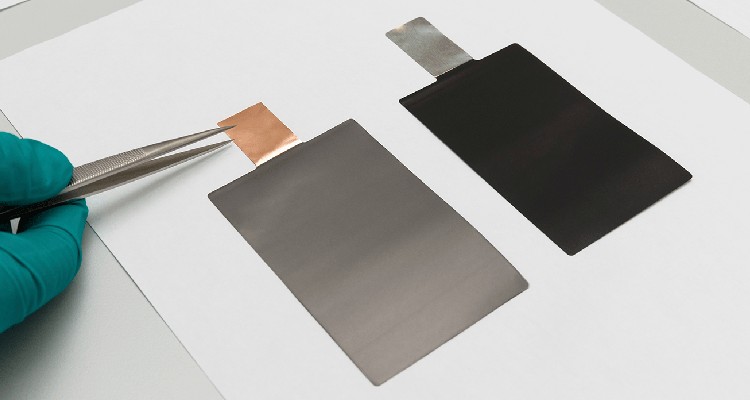VW will need a large number of batteries in the future to successfully master the transition to electromobility. To ensure that the changeover is not dependent on suppliers, the company’s own expertise in battery technology is to be expanded. For this reason, VW opened a battery lab in Salzgitter, Germany, this week. The battery lab, consisting of four units, is to carry out tests, analyses and further developments. The performance and recycling of the batteries will also play a decisive role. The aim is to build a Group unit cell that will fit 80 percent of VW vehicles.
VW had built up initial core competencies in battery technology with the help of a pilot project. So far, the pilot project has involved test and small-scale production, but from 2025 onwards, VW intends to enter large-scale production in Salzgitter. Frank Blome, head of the Battery Cell and Battery System business unit, says: “In the future, innovations for the cells of today and tomorrow will be created in Salzgitter.” For this reason, they have invested around 70 million euros in the facilities, which seems to be paying off, as Blome continues, “With their equipment, the new laboratories are among the most modern facilities in Europe in the field of cell research.” The company’s own battery lab enables VW to push ahead with innovations and technology.

But it’s not just battery cells that will be created at VW’s new battery lab; jobs will also be created. A press release states, “Currently, of the approximately 500 employees* at the Center of Excellence (CoE) Battery Cell in Salzgitter, about 160 are engaged in cell development. By the end of 2022, the CoE is expected to grow to more than 1,000 employees, including around 250 experts for research, analysis and development of suitable cell materials and formats.” According to Dirk Windmüller, Chairman of the Works Council at VW Salzgitter, this will be supplemented by around 1,500 employees at the start of production. To ensure that the employees are qualified for the new production process, they will receive further training in a so-called “battery academy” starting in 2024, independent of location. VW is in fact planning six such battery factories in Europe, with Salzgitter representing the “core [of the]global effort”, according to Schmal.
VW’s future, however, is not to be limited to the new production of battery cells. Recycling will be an equally important step. Particularly in light of the shortage of raw materials, VW has a goal of “getting 95 percent of all raw materials out of the battery again”, Windmüller said. Before the battery is recycled, however, it is to be given a “second life” and thus used as battery storage, among other things. Schmall sees VW’s battery lab as a symbol of “how the transformation of the German automotive industry from conventional drives to e-mobility can succeed.” In any case, we are curious about the advancing transformation of the automotive industry.
What do you think of new battery lab of VW and its plans to produce its own battery cells?Feel free to let us know what you think via LinkedIn or Instagram. Also, if you are looking for the right charger for your electric vehicle, check out our shop. If you have any questions, you can always contact us.